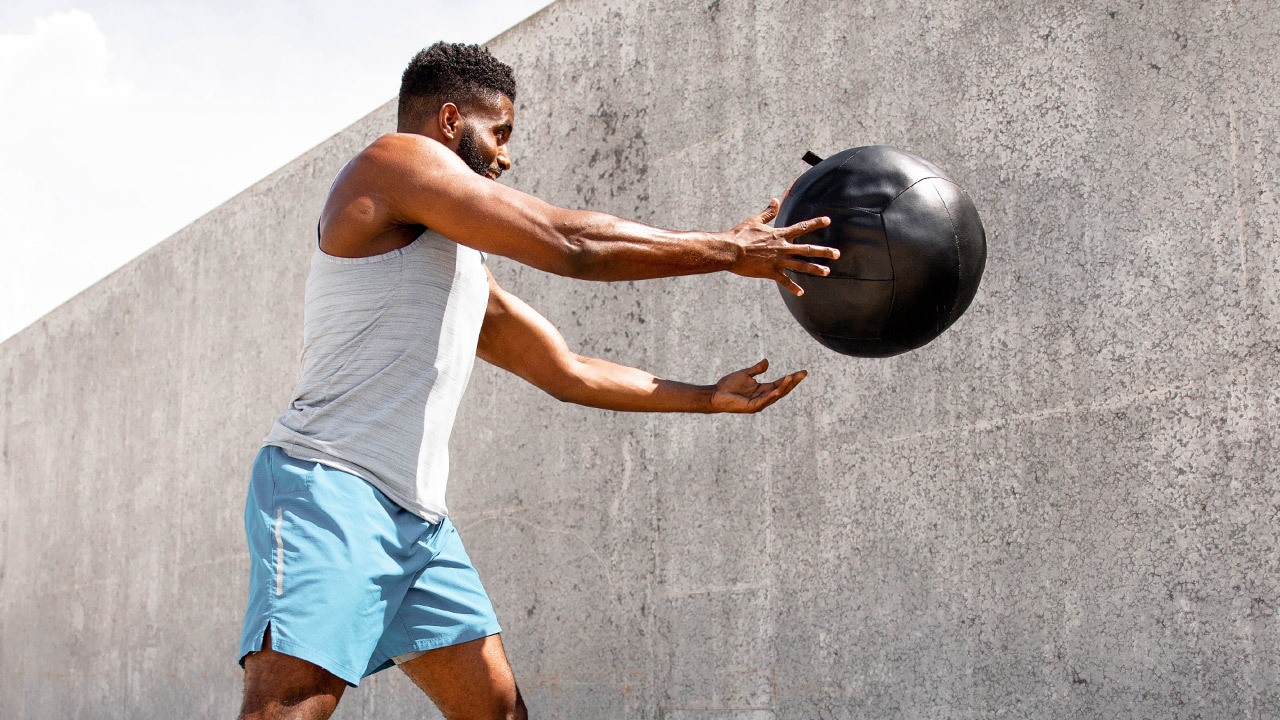How to Know If You Have Good Genetics for Certain Sports

Hey Angels and Alphas,
Athletic prowess is often attributed to a combination of training, dedication, and natural talent. But how do you know if you have the genetic potential to excel in a particular sport? Understanding the role genetics play can help you identify your strengths and tailor your training accordingly.
Here’s a guide to help you determine if you have good genetics for certain sports.
1. Assess Your Body Type
Your body type, also known as somatotype, can influence your suitability for various sports. There are three primary body types:
- Ectomorph: Lean and long, ectomorphs typically have a hard time gaining weight. They are well-suited for endurance sports like distance running and cycling.
- Mesomorph: Naturally muscular and strong, mesomorphs often excel in sports requiring power and strength, such as football, sprinting, and weightlifting.
- Endomorph: With a higher percentage of body fat and a larger bone structure, endomorphs may perform well in sports where size and mass are advantageous, such as sumo wrestling or shot put.
Observing your body type can give you initial clues about which sports might suit you best.
2. Analyze Your Muscle Composition
Muscle fibers are categorized into two types: slow-twitch (Type I) and fast-twitch (Type II). Each type is suited to different physical activities:
Slow-Twitch Fibers: These fibers are more efficient at using oxygen to generate fuel for continuous, extended muscle contractions over a long time. They are ideal for endurance sports like marathon running and swimming.
Fast-Twitch Fibers: These fibers are better at generating short bursts of strength or speed. They are more suited to power and sprint activities like weightlifting, sprinting, and high-intensity interval training.
A muscle biopsy can determine your muscle fiber composition, but a less invasive approach is to consider your natural abilities. If you excel in short, explosive movements, you might have more fast-twitch fibers. If you perform better in endurance activities, you likely have more slow-twitch fibers.
3. Evaluate Your Flexibility and Joint Mobility
Flexibility and joint mobility are crucial for many sports. Sports like gymnastics, diving, and figure skating require a high degree of flexibility, while others like basketball and soccer demand good joint mobility for optimal performance. If you have naturally flexible joints and a broad range of motion, you may have a genetic advantage in these areas.
4. Consider Your Cardiovascular Capacity
Cardiovascular endurance is vital for sports that require sustained physical activity. A high VO2 max (the maximum rate at which your body can consume oxygen during exercise) is a strong indicator of good cardiovascular genetics. You can measure your VO2 max through specialized fitness tests. High levels of cardiovascular fitness suggest potential for success in endurance-based sports like long-distance running, cycling, and rowing.
5. Look Into Your Family History
Genetics are often reflected in family history. If your parents or close relatives excelled in a particular sport, you might have inherited some of the genetic traits that contributed to their success. Observing the athletic achievements within your family can provide insights into your genetic predisposition for certain sports.
6. Take Genetic Tests
Modern advancements in genetic testing can provide detailed insights into your athletic potential. Companies offer tests that analyze your DNA for specific markers associated with physical performance. These tests can reveal information about muscle composition, cardiovascular efficiency, injury risk, and recovery rate. While these tests provide valuable information, they should be used in conjunction with other assessments and not as the sole determinant of athletic potential.
7. Monitor Your Training Response
How your body responds to training is another indicator of your genetic potential. Some individuals see rapid improvements in strength, speed, or endurance with consistent training, while others may progress more slowly. If you find that you improve quickly and recover well from workouts, this may be a sign of favorable genetics for sports performance.
Bringing it all together…
While genetics play a significant role in athletic potential, they are not the only factor. Dedication, proper training, and a positive mindset are equally important in achieving success in sports. By understanding your genetic predispositions, you can better tailor your training to maximize your strengths and improve your weaknesses, setting you on the path to athletic excellence.





